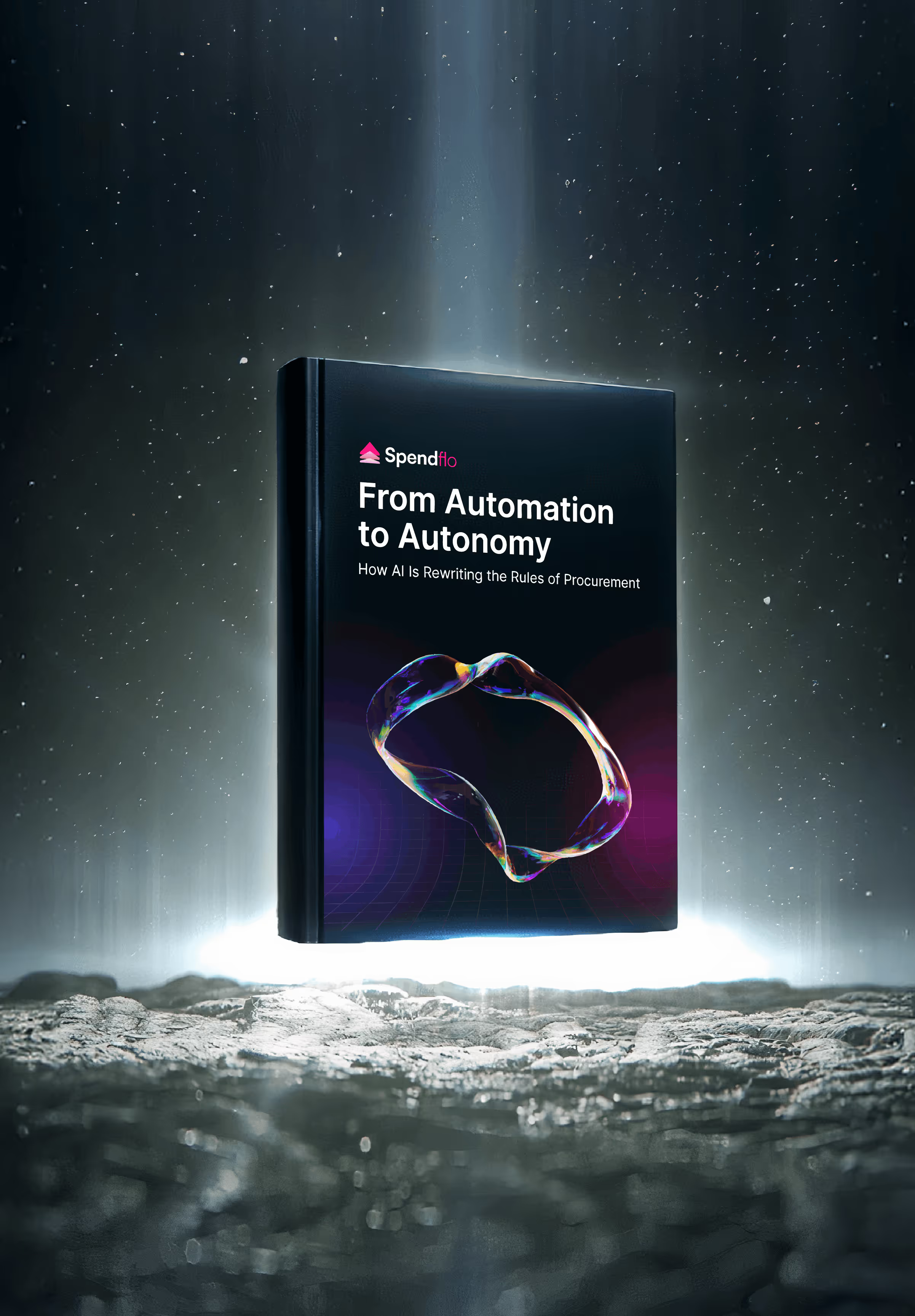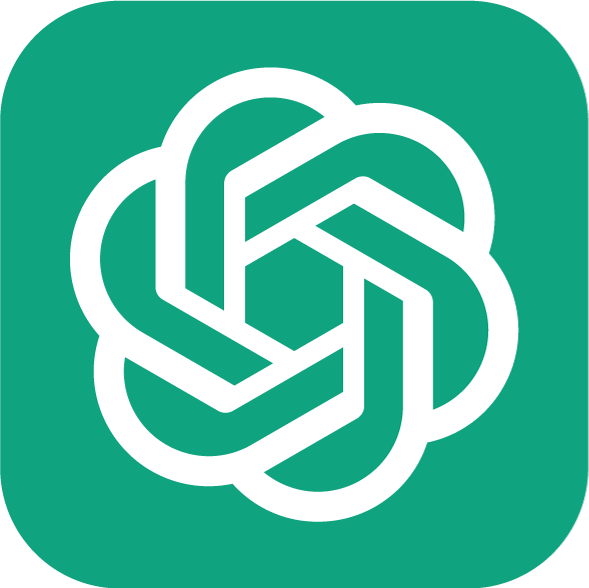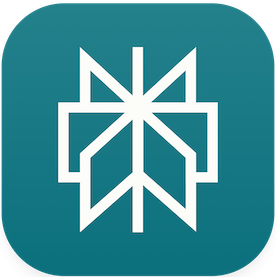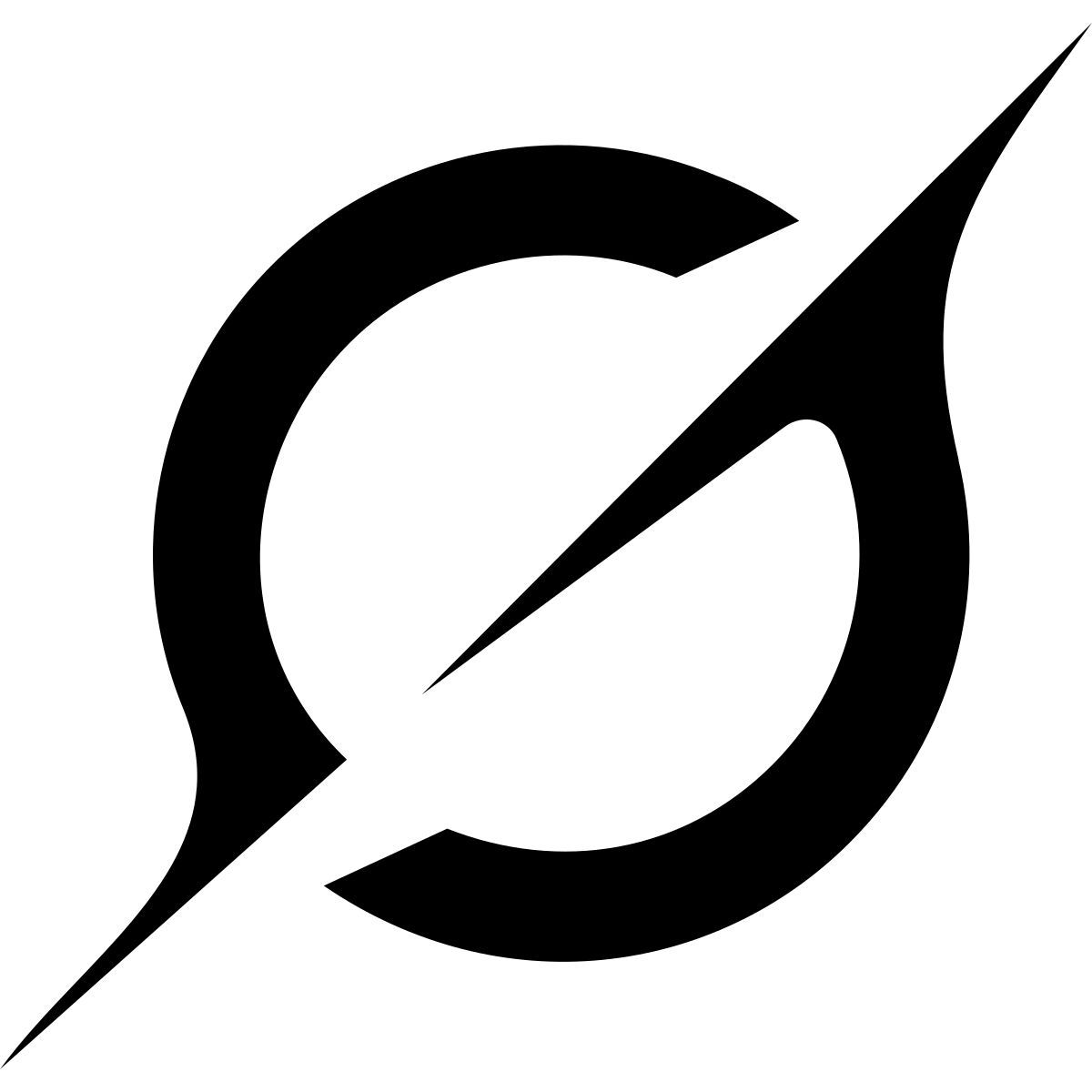

GitLab pricing plans in 2025 (+ cost saving tips)

GitLab pricing plans in 2025 (+ cost saving tips)
Checkout GitLab pricing tiers, features, and free vs. paid plans. Compare all options to choose the right fit and discover tips to optimize costs easily.


With an open-source license, GitLab is a robust web-based application for the DevOps lifecycle that offers wiki functionality, issue tracking, CI/CD pipeline tools, and a Git repository manager. This integrated platform for contemporary software development allows teams to work together to create, test, protect, and run software all within the same program.
How Much Does GitLab Cost?
GitLab premium pricing ranges from $3,000 to $120,000 annually, depending on the number of users and the required features. GitLab offers a free "Core" tier for small teams and paid tiers, like "Premium" and "Ultimate," for businesses needing advanced security testing capabilities. The cost varies based on factors like CI/CD pipelines, security features, and compliance tools. For a more personalized estimate, GitLab provides a pricing calculator, allowing businesses to tailor costs to their needs.
Plans Offered by GitLab:
How to Get a Better Deal on GitLab?
Here are some tips for getting a better deal on GitLab premium :
Ask about discounts
GitLab offers discounts for startups, education, nonprofits, and government organizations. To qualify, contact their sales team and ask if they offer any additional discounts beyond the standard list price.
Buy multi-year subscriptions
GitLab typically offers better rates if you commit to a longer subscription term like 2 or 3 years. The savings can be substantial compared to paying year-by-year.
Take advantage of cloud credits
If you're using GitLab on a major cloud provider like AWS, Azure, or GCP, check if they offer credits for using GitLab. Sometimes, these credits can cover a significant portion of your GitLab costs.
Pay annually rather than monthly
Most SaaS companies charge extra fees for monthly payments compared to annual. Paying annually rather than monthly can result in a 10-15% lower effective rate.
Ask about volume discounts
If you plan to have many guest users or a high usage level, inquire with sales about volume-based discounts. The more you use GitLab, the better deal you can often obtain.
GitLab Core Features
Here are the core features of GitLab:
Complete DevSecOps Platform
GitLab offers a full DevSecOps platform that integrates development, security, and operations in one place. This allows teams to collaborate seamlessly, reducing toolchain complexity and improving efficiency.
Automation and Efficiency
GitLab automates many parts of the development process, from continuous integration (CI) to deployment, reducing manual tasks and speeding up time to market.
Security Integration
Security features like Static Application Security Testing (SAST) and Dynamic Application Security Testing (DAST) are built directly into the CI/CD pipeline, ensuring security is a part of every step in the software development lifecycle.
Collaborative Development
GitLab’s built-in tools for planning, code review, and issue tracking allow teams to collaborate more effectively, increasing transparency and ensuring faster decision-making.
Scalability
Whether you're a small team or an enterprise agile, GitLab scales to meet your needs. It supports everything from small personal projects to massive enterprise applications with thousands of user per month.
Compliance and Governance
GitLab provides tools to manage compliance and governance within your organization, ensuring that software development adheres to industry regulations and standards.
GitLab Alternatives
Here are some of the GitLab alternatives which you can consider:
DuploCloud
DuploCloud is a cloud automation platform that continuously secures and complies with multiple clouds. It integrates various CI/CD tools to streamline pipelines without disrupting workflows. DuploCloud has a built-in CI/CD platform to deploy apps from Git. It's ideal for organizations wanting an all-in-one CI/CD solution or multi-cloud scaling. With easy UI and wide DevOps platform compatibility, DuploCloud suits organizations of all sizes looking to improve cloud automation and security.
Linear
Linear is software to help product teams plan and build more efficiently. It streamlines key workflows like project management and bug tracking. The goal of Linear is to improve how product teams structure their work and address issues. With dedicated capabilities for prioritizing features, assigning tasks, and tracking progress, Linear aims to increase the organization and velocity of product development teams. It brings modern collaboration tools for version control and to coordinate better product delivery.
Microsoft Azure
Microsoft Azure simplifies central management of cloud apps and services. It eliminates the complexity of handling multiple cloud resources separately. With Azure, you can efficiently coordinate all your cloud usage in one place. This consolidated platform lets you run cloud-based workloads smoothly without juggling separate vendors and tools. Azure enables straightforward administration by integrating everything from infrastructure to deployment. Now you can oversee the entire cloud lifecycle through a streamlined interface.
AWS CloudFormation
AWS CloudFormation automatically provisions and manages AWS infrastructure. It coordinates AWS services well for infrastructure control. Though not as feature-rich as GitLab, the native AWS integration is a plus. Essentially free, you still pay variable AWS resource charges. It enables automation for AWS without big commitments. CloudFormation strengths are easing deployment and oversight of integrated AWS components.

How Spendflo Can Help You Get Better Deals on GitLab
Spendflo helps businesses reduce GitLab costs through strategic negotiations and ongoing optimization. By benchmarking your GitLab usage against industry standards, Spendflo identifies areas for potential savings. Their team of experts engages directly with GitLab to secure the best pricing based on your actual usage and market trends.
We also monitors your GitLab usage continuously, ensuring cost stays optimized as your needs evolve, while performing compliance audits to avoid overcharges. This approach helps businesses get the most value out of their GitLab investment.
Frequently Asked Questions on GitLab Pricing
How much does GitLab cost?
GitLab pricing ranges from $3,000 to $120,000 annually, depending on the number of user per month and features required. Pricing tiers include Free, Premium plan, and Ultimate, with the cost varying based on the organization's scale and usage needs.
What is the difference between GitLab's free, premium, and ultimate tiers?
The free tier is for small teams and has limited features. Premium plan has more advanced features like code quality and security tools. Ultimate has the full feature set including dynamic security testing and compliance tools.
Do you offer discounted rates for nonprofits or educational organizations?
Yes, GitLab provides discounts for nonprofits and educational institutions. Contact the sales team to inquire about eligibility and discounted pricing.
Is there a way to get GitLab for free if my team is small?
Yes, GitLab's free tier provides generous capabilities for small teams, including up to 5 users. This allows small groups to use GitLab at no cost.
What factors determine the pricing tiers?
The tiers are based on the maximum number of users, CI/CD pipeline minutes per month, and included features. Higher tiers correspond to more users, pipelines, and advanced features.










.png)




.png)










.avif)





